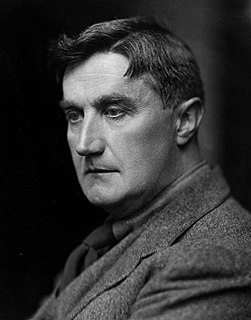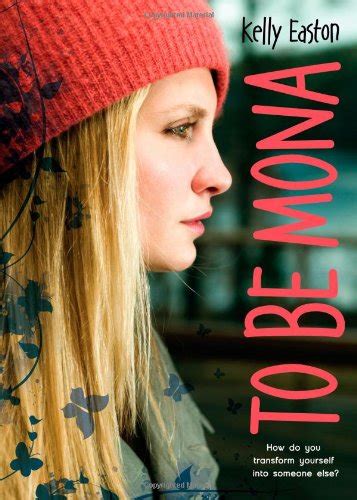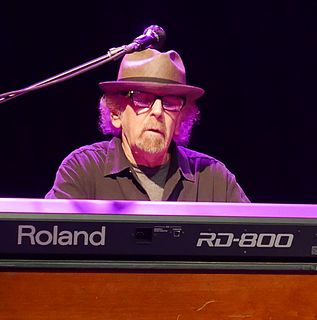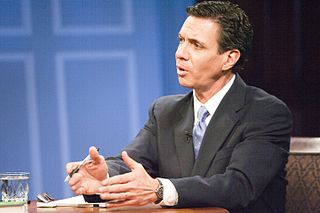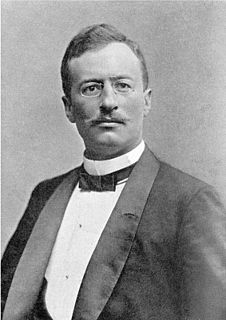A Quote by F. Scott Fitzgerald
Then it had not been merely the stars to which he had aspired on that June night. He came alive to me, delivered suddenly from the womb of his purposeless splendour.
Related Quotes
I came in on this movie after there had been a director and I came in after Tom Courtenay had talked to Ron Harwood about making a movie. So, you know Tom and Albert Finney had been friends since the beginning of their career as they became stars around the same time - Tom always reminds me that Albert was first with Saturday Night and Sunday Morning and then Tom with The Long Distance Runner.
There [is] a feeling of recognition, as of meeting an old friend, which comes to us all in the face of great artistic experiences. I had the same experience when I first heard an English folksong, when I first saw Michelangelo's Day and Night, when I suddenly came upon Stonehenge or had my first sight of New York City - the intuition that I had been there already.
I felt him there with me. The real David. My David. David, you are still here. Alive. Alive in me.Alive in the galaxy.Alive in the stars.Alive in the sky.Alive in the sea.Alive in the palm trees.Alive in feathers.Alive in birds.Alive in the mountains.Alive in the coyotes.Alive in books.Alive in sound.Alive in mom.Alive in dad.Alive in Bobby.Alive in me.Alive in soil.Alive in branches.Alive in fossils.Alive in tongues.Alive in eyes.Alive in cries.Alive in bodies.Alive in past, present and future. Alive forever.
There were times when it appeared to Dorian Gray that the whole of history was merely the record of his own life, not as he had lived it in act and circumstand, but as his imagination had created it for him, as it had been in his brain and in his passions. He felt that he had known them all, those strange terrible figures that had passed across the stage of the world and made sin so marvellous, and evil so full of subtlety. It seemed to him that in some mysterious way their lives had been his own.
Before you, Bella, my life was like a moonless night. Very dark, but there were stars, points of light and reason. ...And then you shot across my sky like a meteor. Suddenly everything was on fire; there was brilliancy, there was beauty. When you were gone, when the meteor had fallen over the horizon, everything went black. Nothing had changed, but my eyes were blinded by the light. I couldn’t see the stars anymore. And there was no more reason, for anything.
The lights were off so that his heads could avoid looking at each other because neither of them was currently a particular engaging sight, nor had they been since he had made the error of looking into his soul. It had indeed been an error. It had been late one night-- of course. It had been a difficult day-- of course. There had been soulful music playing on the ship's sound system-- of course. And he had, of course, been slightly drunk. In other words, all the usual conditions that bring on a bout of soul searching had applied, but it had, nevertheless, clearly been an error.
I prayed to dispel my fear, until suddenly, and I do not know how the idea came to me, I began to pray for others. I prayed for everyone who came into my thoughts - - people with whom I had traveled, those who had been in prison with me, my school friends of years ago. I do not know how long I continued my prayer, but this I do know - - my fear was gone! Interceding for others had released me!
Hardly any aspect of my life, from where I had lived to my education to my employment history to my friendships, had been free from the taint of racial inequity, from racism, from whiteness. My racial identity had shaped me from the womb forward. I had not been in control of my own narrative. It wasn’t just race that was a social construct. So was I.
Once we played at the Fillmore opposite The Cream. Eric Clapton was there and he played his ass off that night ... backstage Michael Bloomfield introduced me to Eric, and Eric was so nice. He came up to me, put his arms around me and said "Barry, it's such a pleasure to meet you" ... I couldn't figure it out... then Michael told me that he had told Eric I had cancer and two months to live...
If cathedrals had been universities If dungeons of the Inquisition had been laboratories If Christians had believed in character instead of creed If they had taken from the bible only that which is GOOD and thrown away the wicked and absurd If temple domes had been observatories If priests had been philosophers If missionaries had taught useful arts instead of bible lore If astrology had been astronomy If the black arts had been chemistry If superstition had been science If religion had been humanity The world then would be a heaven filled with love, and liberty and joy
A strange adventure befell me while I was playing my Sonata in B flat minor before some English friends. I had played the Allegro and the Scherzo more or less correctly. I was about to attack the March when suddenly I saw arising from the body of my piano those cursed creatures which had appeared to me one lugubrious night at the Chartreuse. I had to leave for one instant to pull myself together after which I continued without saying anything.
Through the clouds of smoke I seemed to see all old Asia before me, and the adventures of past years behind me. A carnival of old camp-scenes danced before my mind’s eye, expiring like shooting-stars in the night—merry songs which came to an end among other mountains and the dying sound of strings and flutes. And I was surprised that I had not had enough of these things and that I was not tired of the light of camp-fires.


